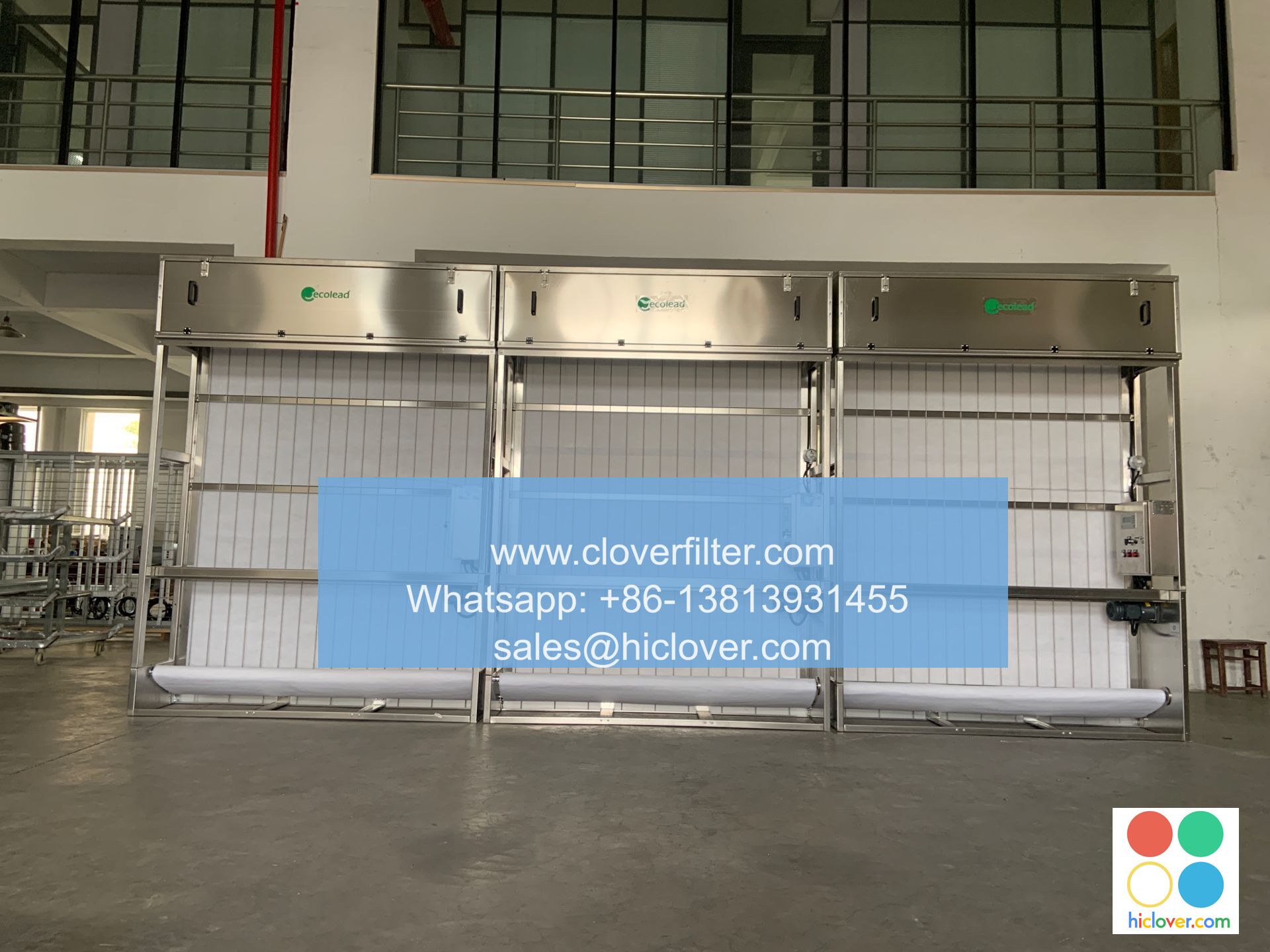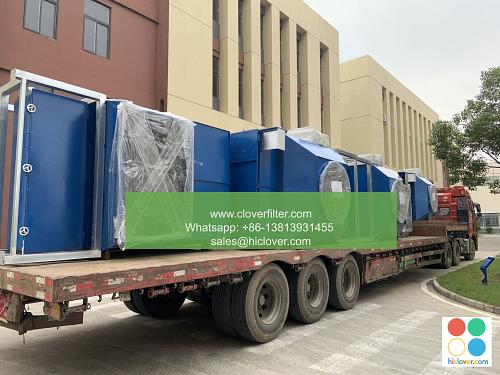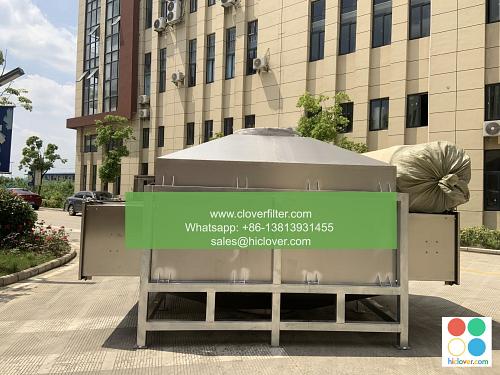The Role of Nominal Size in Quality Control: A Guide to Accurate Measurements

The Role of Nominal Size in Quality Control: A Guide to Accurate Measurements
Introduction
Nominal size is a crucial aspect of quality control, particularly in manufacturing and production environments. Accurate nominal size measurements are essential to ensure the quality of products, guarantee customer satisfaction, and maintain a competitive edge in the market. In this article, we will explore the role of nominal size in quality control, its significance, and best practices for accurate measurements.
What is Nominal Size?
Nominal size refers to the size or dimension of a product or component that is defined by its designer or manufacturer. It is the size that is intended to be manufactured or produced, and it serves as a reference point for quality control purposes. Nominal size is typically specified in terms of dimensions, such as length, width, height, or diameter.
Significance of Nominal Size in Quality Control
Accurate nominal size measurement is critical in quality control because it ensures that products meet the required specifications. This is particularly important in industries where precision and accuracy are critical, such as:
- Aerospace and Defense: Where precise measurements are necessary to ensure the safety and performance of aircraft, spacecraft, and military equipment.
- Medical Devices: Where accurate measurements are essential to guarantee the safety and effectiveness of medical devices, such as surgical instruments and implantable devices.
- Automotive Industry: Where precise measurements are necessary to ensure the safety and performance of vehicles, as well as to meet regulatory requirements.
- Chemical Processing: Where accurate measurements are critical to ensure the production of high-quality chemicals and safe operating conditions.
Best Practices for Accurate Nominal Size Measurements
To ensure accurate nominal size measurements, it is essential to follow best practices, such as:
- Use of calibrated measurement instruments: Calibration is essential to ensure that measurement instruments are accurate and reliable.
- Proper calibration procedures: Calibration procedures should be documented and followed to ensure consistency and accuracy.
- Selective measurement: Selective measurement involves measuring the nominal size of a product or component under specific conditions, such as temperature and humidity.
- Multiple measurements: Taking multiple measurements of the same product or component can help to identify and eliminate errors.
- Data analysis: Analyzing data from multiple measurements can help to identify trends and patterns, which can inform quality control decisions.
Challenges and Solutions
Despite the importance of nominal size measurements, there are several challenges that can arise, including:
- Measurement errors: Measurement errors can occur due to instrument malfunction or human error.
- Environmental factors: Environmental factors, such as temperature and humidity, can affect measurement accuracy.
- Data analysis errors: Data analysis errors can occur due to incorrect data interpretation or analysis software errors.
To overcome these challenges, it is essential to:
- Implement quality control procedures: Regular quality control procedures can help to identify and eliminate errors.
- Use advanced measurement technologies: Advanced measurement technologies, such as GPS and computerized tomography, can provide more accurate measurements.
- Train personnel: Proper training of personnel can help to minimize measurement errors and ensure accurate data analysis.
Conclusion
Nominal size is a critical aspect of quality control, particularly in precision-sensitive industries. Accurate nominal size measurements are essential to ensure product quality, customer satisfaction, and competitiveness. By understanding the significance of nominal size in quality control and following best practices for accurate measurements, manufacturers can ensure the production of high-quality products and maintain a competitive edge in the market.
It looks like you didn’t provide a prompt! Could you please tell me what you’d like to talk about? I’m here to assist you with any question or topic on your mind.


